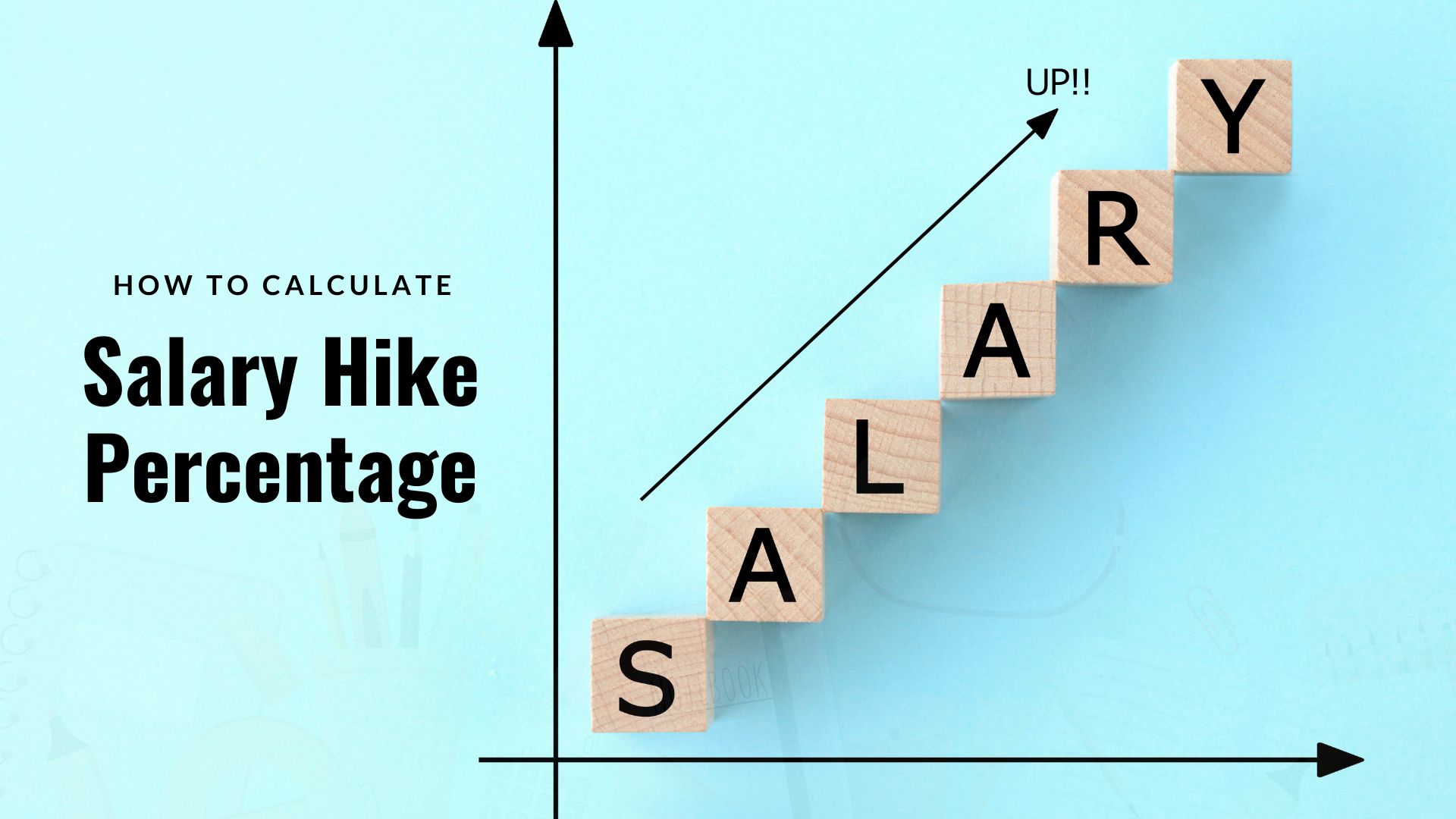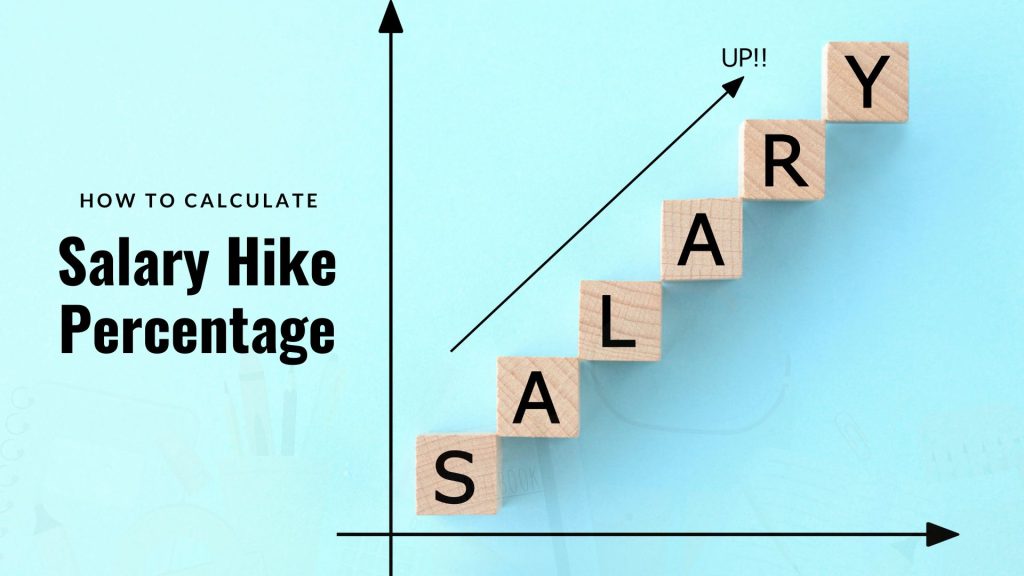If you’re earning minimum wage in 2025, your paycheck could already be bigger — and if it’s not, your employer may be behind the curve. This year, millions of American workers are getting a legally mandated raise, thanks to widespread changes in state and local minimum wage laws. But not everyone is seeing more money — and whether you’re getting a raise depends entirely on where you work, what you do, and even who you work for.
Some people started the year with higher wages as increases kicked in on January 1. Others just saw their pay go up in July, based on automatic cost-of-living adjustments. But plenty of workers still don’t realize they may be eligible — and you could be missing out on a raise you’re legally entitled to.
Here’s what’s happening across the country in 2025 — and how to find out if you’re getting what you deserve.
What Changed in 2025?
The federal minimum wage is still $7.25 an hour — unchanged since 2009 — but most states and many cities have moved far beyond that. In 2025, more than 30 states and dozens of cities have increased their minimum wage to reflect inflation and rising living costs.
In many places, wages increased automatically on January 1. In others, mid-year raises went into effect on July 1 due to local laws or inflation-based adjustments.
The result? Millions of workers across the U.S. are now earning between $15 and $20 per hour — or more.
Who Got a Raise in 2025?
If you work in one of the following states, you’re likely earning more now:
-
California: $16.00 per hour statewide
-
Washington State: $16.28 per hour
-
Massachusetts: $16.00 per hour
-
Connecticut: $15.69 per hour
-
New York (Downstate): $17.00 per hour (with New York City possibly higher)
-
Colorado: $14.75 per hour statewide — but Denver pays $18.29/hour
Each of these states is part of a growing trend: tying minimum wage increases to inflation, which means workers don’t have to wait for lawmakers to act — their wages go up automatically.
City Workers Could Be Getting Even More
If you live or work in a major metro area, your minimum wage might be higher than your state’s rate. Some of the highest local wages in the country include:
-
San Francisco, CA: $19.20/hour
-
West Hollywood, CA: $19.08/hour
-
Seattle, WA: $19.97/hour (for large employers)
-
Denver, CO: $18.29/hour
-
Washington, D.C.: $17.50/hour
These wage rates are typically based on cost-of-living formulas and are updated annually in July. So if you haven’t seen a raise yet and work in one of these cities — check your pay stub, because you might be owed more.

Fast Food and Healthcare Workers: You’re in a Special Category
Certain workers are seeing even bigger raises in 2025 thanks to industry-specific laws.
In California, fast-food workers at large chains (60+ locations nationwide) now earn at least $20 per hour due to a law that took effect in April 2024 and remains active.
Healthcare workers are also seeing big bumps. A new law phases in raises over the next few years, with many hospital employees already seeing wages over $23/hour in 2025 depending on job role and location.
If you work in fast food, hospitals, nursing homes, or home health care — check your state’s specific laws because your raise may be bigger than the general minimum wage.
How to Know If You’re Being Paid Correctly
Unfortunately, many workers don’t realize they’re entitled to a raise — and some employers don’t update pay automatically unless employees speak up. Here’s what you should do:
-
Find your state’s and city’s 2025 minimum wage online
-
Check your job type — are there specific wage rules for your industry?
-
Compare your hourly pay to the legal minimum
-
Ask your employer for clarification if there’s a gap
-
File a complaint with your state’s labor department if you believe you’re being underpaid
Remember, you don’t have to wait for your employer to offer the raise — they’re required by law to give it.
Final Word: Don’t Leave Money on the Table
With prices still high for food, rent, gas, and childcare, every extra dollar counts. In 2025, millions of Americans are legally entitled to higher wages, but many aren’t aware of the changes or don’t know how to claim what they’ve earned.
The easiest way to find out? Check your location, your industry, and your pay stub. Your next raise might already be law — your employer just hasn’t followed through yet.



